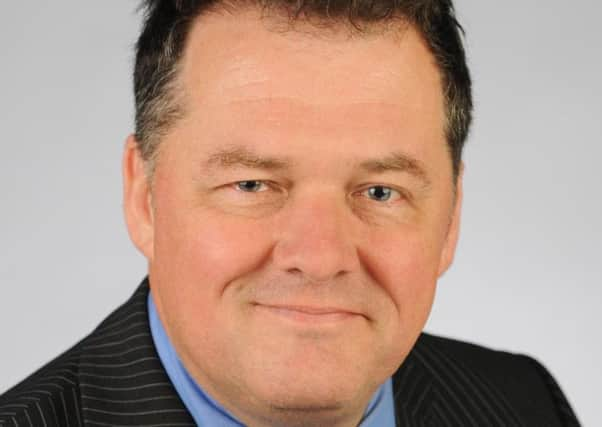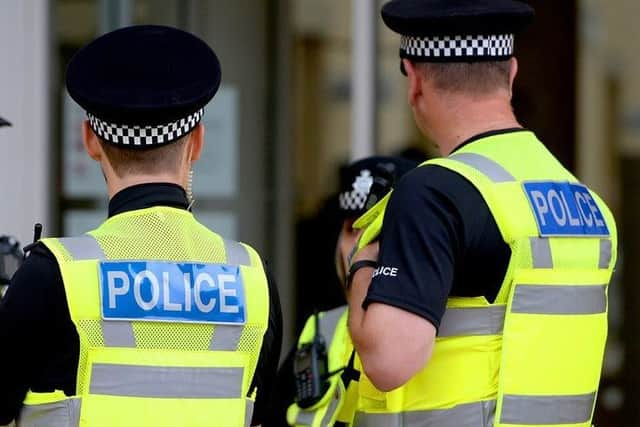Herts Police officers “putting their own careers at risk” by having to attend incidents instead of mental health professionals


Hertfordshire’s police and crime commissioner David Lloyd says police officers are now being called to multiple incidents related to mental health EVERY day - with national data showing they account for 20 per cent of police officer time.
Mr Lloyd says it’s “wrong that people in mental heath crises are more likely to get the support of a police officer”.
Advertisement
Hide AdAdvertisement
Hide AdAnd he says they would be better dealt with by health professionals, than police officers.


“It really isn’t good enough, if you do believe mental health should be treated as least as importantly as every other heath issue,” he told a meeting of the Hertfordshire Police and Crime Panel.
“It really isn’t good enough that we can’t get people out and supporting people with mental health.”
Mr Lloyd stressed that police officers in the county are skilled and “far from incompetent around mental health issues”.
Advertisement
Hide AdAdvertisement
Hide AdAnd he acknowledged the “strain” the NHS is under, particularly the ambulance service.
But he added that the best person to be there is a mental health professional, rather than a police officer - and in some cases the presence of the police uniform can even make the crisis worse because the person then believes they have done something wrong or are in trouble.
Mr Lloyd made the remarks at a meeting on Thursday (September 18), where he presented his draft Community Safety And Criminal Justice Plan.
The plan suggests the system is failing those with mental health issues, as well as placing additional need on the police.
Advertisement
Hide AdAdvertisement
Hide AdAnd he says it would be far cheaper for health agencies to intervene early - rather than wait for a crisis.
In it he states: “As a country we are not giving enough emphasis on early intervention and primary care to prevent the need for a crisis response.
“I would like to see public service leaders across Hertfordshire look at what their response to mental health should be and I will be encouraging health partners to continue to invest in mental health.”
It also says: “It is vital that people suffering mental ill health get the right support from the right person at the right time.
Advertisement
Hide AdAdvertisement
Hide Ad“It is not right that well over half of people in mental health crisis in Hertfordshire are not being transported to a place of safety in the most appropriate vehicle because of the length of time waiting for an ambulance.
“I would like to see the Constabulary continuing their work with the ambulance service to reduce their dependency on the police service and in doing so, ensure that the right service are responding to those in mental health crisis.”
At the meeting of the police and crime panel he also pointed to the way dealing with mental health incidents can impact on a police officers career.
That is because if the person - who may have been threatening self-harm - dies within 24 hours of the contact with the police there will be “a huge inquiry”.
Advertisement
Hide AdAdvertisement
Hide AdAnd Mr Lloyd says that’s different to the consequence for a health worker.
“Where an officer has been involved they will be under investigation,” said Mr Lloyd.
“Quite properly, we need to know people don’t die in police custody - and if they do we need to know why.
“But if a health worker sees that person and they die in 24 hours , there is not the same sort of inquiry.
“Police officers will always be professional, but in some ways they are putting their own careers at risk in many ways by dealing with people in crisis. That must lie on a police officer’s mind.”